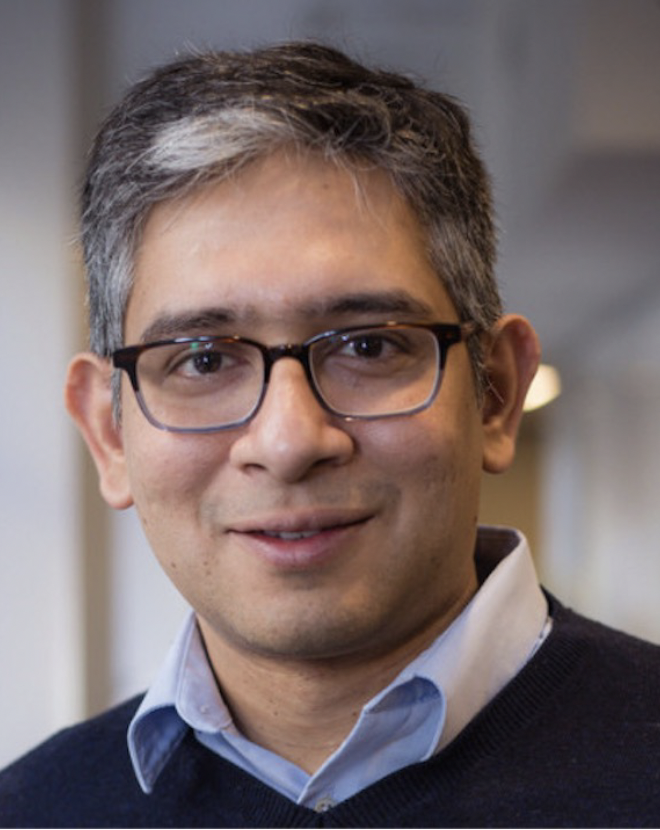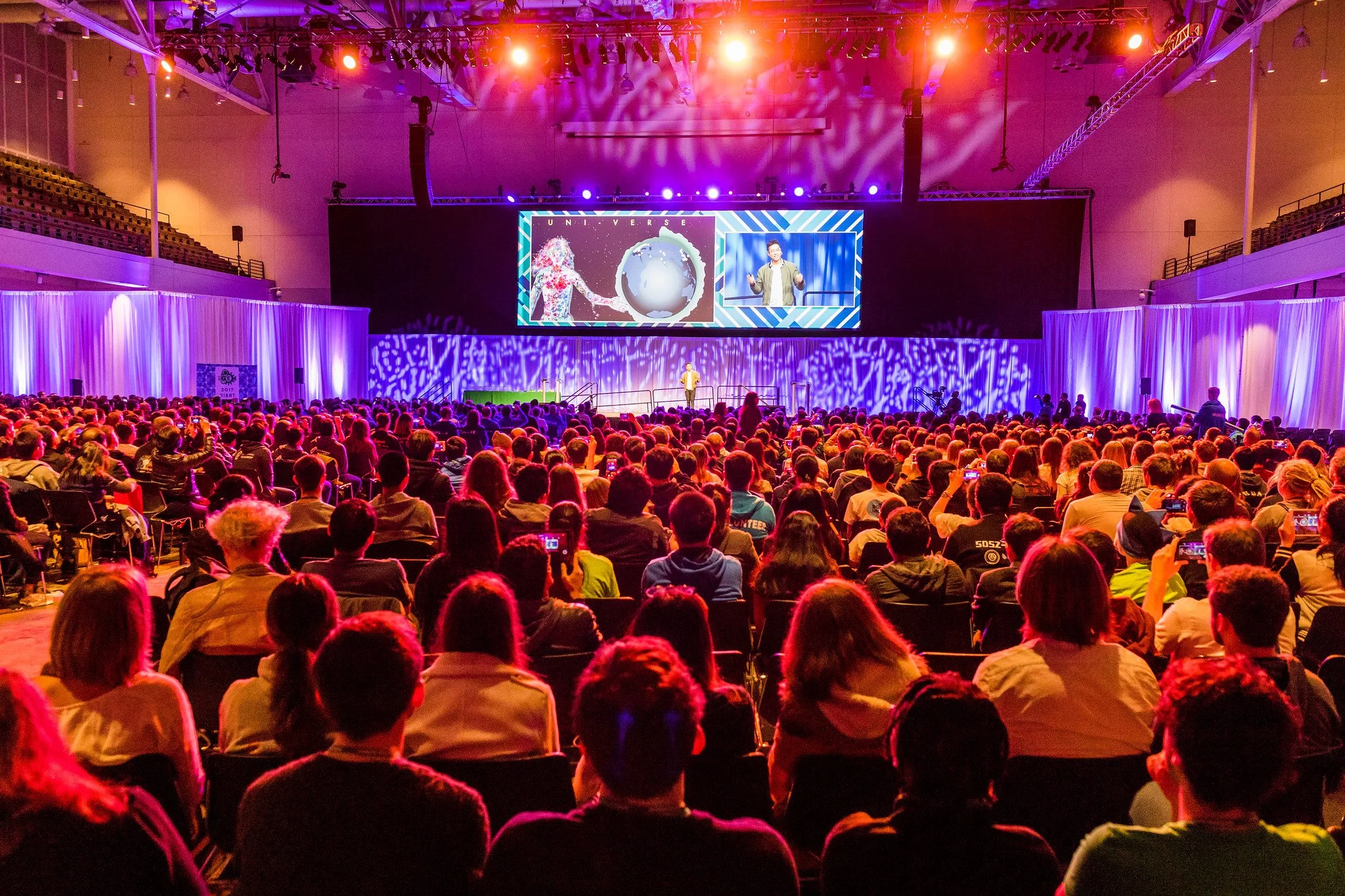On the road to Paris: Overcoming mental health challenges in STEM
by Divya Ail, Hina Bandukwala, Shubhra Singhal, and Alan Pacheco
on behalf of the Diversity & Inclusion Committee
This coming Monday (October 10) is World Mental Health Day, a day to “raise awareness of mental health issues around the world and to mobilize efforts in support of mental health.” Mental health has been the focus of many iGEM teams. Last year’s teams addressing mental health in their projects included Aalto-Helsinki 2021 (Finland), Baltimore_BioCrew 2021 (United States), FZU-China 2021 (China), Gifu 2021 (Japan), KU_Leuven 2021 (Belgium), Moscow 2021 (Russian Federation), NCKU_Tainan (Taiwan), SDU-Denmark 2021 (Denmark), Shanghai_city 2021 (China), The_Webb_Schools 2021 (China), and XJTU-China 2021 (China).
Yet iGEMers themselves are also at risk for mental health issues. The prevalence of mental health issues in Science, Technology, Engineering & Math (STEM) is no secret, and the iGEM Competition is no exception. Concerns about mental health have only increased with the COVID-19 pandemic. As a case-in-point, the countdown to the final days before the iGEM 2022 wiki freeze has begun, and this year’s teams are no doubt feeling the pressure. While the wiki freeze is a memorable experience, it can also bring added stress to iGEMers already handling a heavy workload.
This year, iGEM’s Diversity & Inclusion Committee is focusing on mental health in STEM. To help current iGEMers and members of the iGEM Community, we’ve collected specific advice for iGEMers from previous iGEM teams, gathered resources on mental health in STEM, organized a series of webinars, and are hosting a panel discussion on mental health in STEM at the Grand Jamboree.
Specific advice for iGEMers
As the wiki freeze approaches, remember you are not alone. Many iGEM teams have experienced the wiki freeze. Here are some their insights:
Find the strengths and weaknesses of your colleagues so the workload can be divided. Some people can be good at initiating ideas, others at executing and seeing things through. Some people work well under pressure while others may crumble. Identifying these differences and delegating tasks accordingly can help reduce stress related to deadlines such as wiki freezes.
Take breaks frequently and together, and make them fun!
Have open communication about individual and team expectations.
If possible, work in ‘shared spaces’ while working towards the wiki freeze deadline. This can give a feeling of ‘we are in the same boat’ that can make stress less intense at an individual level.
Note: After the wiki freeze, please share your story with the Diversity & Inclusion Committee at diversity@igem.org. We would love to know how your team has worked to manage stress to help future iGEM teams make the most of the wonderful (and admittedly challenging) wiki freeze experience.
Resources on Mental Health in STEM
The negative effects of competitive academic and research environments on the mental health of researchers are well documented. These open access articles provide insight and ideas on how to address mental health challenges in STEM fields:
Ten simple rules towards healthier research labs
This article introduces 10 simple rules to make the working environment of research labs more nurturing, collaborative, and people-centered.
The Impact of Research Culture on Mental Health & Diversity in STEM
This article presents four aspects of research that may heavily impact mental health, and proposes systemic changes that institutions must adopt to ensure their research culture is supportive and allows everyone to thrive.
Navigating mental health challenges in graduate school
Two scientists who experienced extreme lows in graduate school reflect on what helped them during their low points, and suggest strategies for everyone to contribute to mentally healthier workplaces in academia.
Postdocs in crisis: science cannot risk losing the next generation
This editorial describes how the pandemic has worsened the plight of postdoctoral researchers, and makes the case for why funders need to be offering more than moral support.
This work provides a unique perspective from postdoctoral scholars on elements of the academic training path that can be improved to increase retention, career satisfaction, and preparation for the scientific workforce.
Promoting lab culture to enhance academic resilience during crises
Researchers share their experience facing the COVID-19 pandemic to illustrate how proactive promotion of lab culture in research groups can foster academic resilience during crises, helping research groups to maintain their capacity to conduct scientific activities while preserving a sustainable life/work balance and a healthy mental condition.
Protecting your mental health: A practical guide for postgraduate research students in STEM
Written in response to a 2019 Nature Survey that concluded over a third of PhD students have sought help for anxiety and depression as a result of their studies, this guide will help you develop the skills required to preserve your mental health while being a researcher.
Mental Health in STEM Webinar Series
The D&I Committee held open discussions on mental health issues in STEM, with an aim towards addressing the needs of the iGEM Community and recognizing the disproportionate amount of mental health burden faced by minorities, underrepresented, and neurodivergent groups.
Science and Life Balance, with Dr. Claire Lee.
Dr Lee is a particle physicist working on the ProtoDUNE single phase detector at CERN for Fermilab. She is also a mother, an endurance runner and an advocate for mental health. In this webinar, Dr. Lee talked about her work and the specific challenges for women and mothers in the male-dominated field of particle physics. She candidly shared her experiences of bringing her child to work events and meetings which helped start a discussion around child-care related issues at her workplace. She strongly advocates devoting time to family, friends, and hobbies that will allow researchers to thrive in life and bring their best creative selves to work.
Awareness about Neurodivergence, with Thomas Ledbetter.
Thomas Ledbetter is a Master’s student studying Human Development at the Warner School of Education at the University of Rochester. Having been diagnosed on the autism spectrum early in life, Thomas now focuses on studying neurological, social, and political aspects of autism spectrum disorder. In this webinar, Thomas gave an overview on neurodivergence and inclusion of neurodivergent individuals in social and work settings. He made a distinction between ‘medical model of disability’ wherein the focus is to coerce the individual to adopt neurotypical behavior and adapt to neurotypical settings versus ‘social model of disability’ wherein the systems are fixed to make them more accessible and inclusive. He also made a compelling case for how a social model would benefit neurodivergent individuals by helping them be their authentic selves and contributing to their full potential.
Finding support and building your network, with Dr. Ananda Ghosh
Dr. Ananda Ghosh is a molecular biologist with two decades of research experience spanning both academia and industry. He is the co-founder of STEMPeers - a social media based support platform for the scientific community. The STEMPeers foundation is based on the belief that enormous potential in people goes unrecognized or wasted by sheer lack of good mentors and mentoring. Hence, the foundation aims to serve as a platform where selfless mentors offer free mentoring to those who need it in academia, in job searches, in work-life balance, and offer various resources for the STEM researchers who are looking for opportunities beyond bench science careers.
Mental Health in STEM – a featured event of the D&I Committee at the Grand Jamboree
At the iGEM 2022 Grand Jamboree, we are hosting a 2-hour event to bring scholarly inquiry on mental health issues in STEM, as well as the lived experiences of individuals from the scientific community.
The event will center around a moderated discussion, led by two iGEM D&I Committee members, in which the panelists will share their perspectives followed by a more unstructured section in which audience members can ask panelists specific questions. As such discussions touch on sensitive topics, we have specifically designed the event to be guided by experts in the field and to feature discussion points centered on scientific analyses of mental health in STEM.
The Mental Health in STEM event will cover the following topics:
Burn-outs – What are the signs? What is the impact on mental health and how to deal with it?
Toxic workplaces – Impact of toxic workplaces on mental health. How to identify and avoid them.
Neurodivergence – What is neurodivergence and accommodating neurodivergent communities in workplaces
Support – How to find your support system and build a supportive network.
Changing the system – How to implement changes at institutional levels.
We encourage iGEM 2022 participants to take part in the Mental Health in STEM event, which will be held:
Date: 26 October 2022
Time: 16:00 - 18:00
Location: Room W7
Venue: iGEM Grand Jamboree, Porte de Versailles, Paris
Attendance: in-person only, all Jamboree participants are invited
We look forward to seeing you there!
Photo by Emma Simpson on Unsplash










